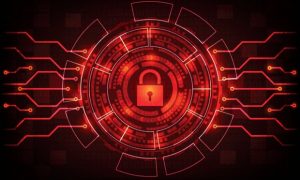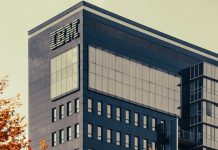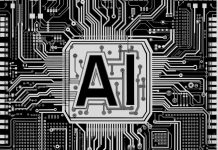As the world becomes increasingly digitally connected, homegrown hackers and rival nation-states are targeting American citizens and government IT systems alike with ransomware attacks. With COVID-19 shaking the world’s health systems, ransomware, the oldest trick in the hackers’ handbook, is on the rise in the healthcare sector. Healthcare organizations,
Healthcare data is among the most valuable commodities on the dark web, and when organizations actually pay the thief’s ransom, the perpetrator is potentially doubling their money. During most of 2020, businesses across all industries made major shifts toward digitization, but they remained highly vulnerable to ransomware attacks. But with more and more employees going remote, the chances of falling for an attack increase greatly. Hackers are using COVID-19 as a lure and a shield for insecure individuals and systems, baiting them with promises of legitimate information or vaccine appointments. They can also lay malware traps that lurk in the background, playing a long game before ensnaring victims. Without a comprehensive approach to data security, healthcare systems will be increasingly prone to attack.
Beyond network security, healthcare workforces also need radical improvement in cyber literacy and employee training in handling sensitive data materials. End users mishandling data or using lax credentials are highly susceptible to attack, especially when working remotely. Organizations must extend their understanding of digital infrastructure security beyond their premises and adopt holistic strategies that protect every connection and storage center.
One fitting solution is to embrace and expand managed IT services within the healthcare sector. By turning your network over to the care of external experts, your organization puts its data security into the hands of certified specialists—a familiar concept for the healthcare industry. Trusted network security providers can better manage and update an organization’s infrastructure, monitoring it 24/7 and reducing the risk of ransomware attacks. In order to keep patients and their data safe, the healthcare industry needs to make rapid and sweeping changes to its cybersecurity preparedness.
























